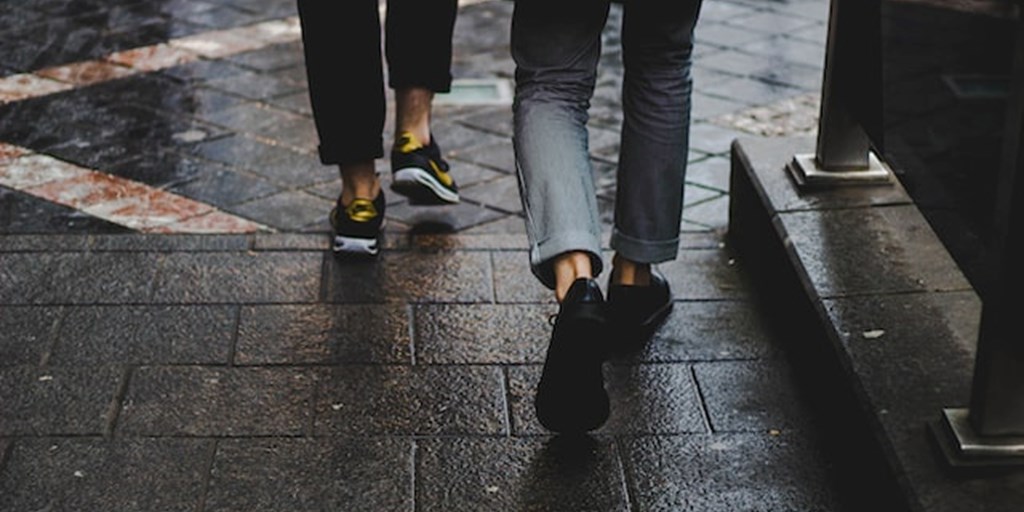What Should I Include in My Personal Injury Journal after a Slip and Fall?

A slip and fall can be an incredibly traumatic experience, both physically and emotionally. However, the suffering often doesn’t end at the accident scene. Many victims are confronted by a long road to recovery; a journey that is equal parts challenging, painful, and exhausting.
While a personal injury settlement will never erase the trauma you’ve endured, it can give you the funds you need to pick up the pieces in the wake of an accident. However, to receive a financial award, you will first need to gather strong evidence to support your claim.
As such, it may be wise to start documenting your recovery in a personal injury journal. This diary is an ideal space to note down information about any medication side-effects, your pain levels, limitations, and to keep track of your healthcare providers’ instructions.
Let’s take a closer look at a few elements you should include in your journal:
Description of the Accident
As soon as possible after the slip and fall, you should take a few minutes to write down everything you can remember about the accident. What were you doing in the moments before you fell? Did you receive medical attention at the scene? Was the hazard that caused your injuries adequately signposted? What did staff on the property say to you immediately afterwards? Did you speak to any eyewitnesses? Did you notice any surveillance cameras on the property?
Taking time to answer these questions while your memory is still fresh could help preserve crucial information for later reference. If you were able to gather any other evidence at the scene—such as photographs or copies of maintenance reports—make sure to file these away in a safe place.
Pain Levels
Many types of slip and fall injuries—such as brain trauma, spinal cord injuries, and fractures—can lead to considerable agony in the weeks following the accident. While everyone experiences pain differently, these sensations will almost always have a detrimental effect on your quality of life making it difficult to take care of the household, do your job, or even enjoy your hobbies.
Due to the significant impact such suffering can have on your emotional well-being, accident victims in California have a right to seek compensation for the psychological effects of their injuries. However, as there are no invoices for the mental scars left by a slip, trip, or fall, you will probably need to provide a wide variety of different types of evidence to give others a window into your life in the aftermath of the accident.
One crucial piece of evidence may be your personal injury journal. As such, you should be diligent about logging daily entries documenting your pain levels. It might help to grade the severity of these sensations on a scale from 1 to 10 and describe the agony you’re experiencing with in-depth descriptions.
Limitations
Do your injuries prevent you from doing certain activities or tasks you were able to do on your own prior to the slip and fall? Keeping detailed records of every moment your condition inhibits you could help you secure a payout for non-economic damages, lost income, and replacement services. You should also mention any limitations to your healthcare providers so that this information is reflected in your medical records, too.
Speak to a Slip and Fall Attorney in California Today
Starting a personal injury journal is just one of many steps you might need to take in order to recover compensation for your injuries. At Harris Personal Injury Lawyers, our legal team can help guide you through proceedings, providing support and aggressive representation at every stage. To lock in a free case review with one of our California slip and fall attorneys, dial 1-800-GO-HARRIS today or head over to our contact form HERE.
< Back to all news

